To some, the female sex might seem ideally suited to spying, and as their exploits in the Special Operations Executive showed, women on both sides of the Atlantic could certainly match men in courage and daring during World War Two. Yet espionage fiction has tended to be a male preserve. Jane Thynne is one of the handful of women novelists to have absorbed the lessons of John le Carré: a spy novel can also be a love story, a quest for institutional integrity and an exploration of inconvenient truths. The female perspective on all this, unsurprisingly, turns out to be worth having.
Set in 1938, Midnight in Vienna introduces us to poor, thirtyish, Oxford-educated Stella Fry. She has recently returned to London from Vienna where until the Anschluss that spring, she was working as a governess for a Jewish family. Now in search of a new job, she answers an ad for a typist to Hubert Newman, a famous writer of classic detective fiction. He hires her and promptly dies of an apparent heart attack. Subsequently, she receives the manuscript of his latest book in the post, dedicated to herself as “a spotter of errors.” This puts her into the orbit of Harry Fox, an ex-Special Branch officer employed by the government to keep writers like Orwell and W.H. Auden under surveillance. He warns her that her connection to Newman might put her own life in danger.
Unwillingly, Stella accepts Fox’s commission to return to Vienna to find British journalist Roland Finch, who has been in contact with her erstwhile employer. Vienna, “a point on the moral compass,” is vividly conveyed in its lush elegance and flourishing antisemitism. With hardly any clues and several warnings against remaining in town, she succeeds in tracking Finch down in the Café Louvre, striking up a flirtatious conversation with him.
Thynne’s clever, self-controlled heroines are adept at using their feminine good looks to seduce the enemy and gain intelligence. “Every woman adores a Fascist,” as Sylvia Plath put it, but Stella has already rejected her former fiancé, a rich and handsome German lawyer who joined the Nazi Party. She has another admirer in London, in the shape of her best friend’s brother Tom, and it is soon clear that her seedy new colleague Harry Fox is interested too. It is Finch, however, who initially lures her, with his belief in communism and challenging intellect. “You can say somebody is a character, and that’s not a good thing, or you can say someone has character,” he tells her, and you can feel the uneasy prickle of mutual attraction and danger.
Language, class, psychology and morality all come into play in a rich cast ranging from Stella’s actress friend, who parties with Laurence Olivier and Vivien Leigh, to Harry’s widowed sister whose brutal husband was a member of Oswald Mosley’s Blackshirts. The skill and detail with which the real and invented blend into each other is impressive. There’s even an appearance from Churchill’s scientific advisor Professor Lindemann, who was instrumental in getting several distinguished Jewish scientists, including Einstein, out of Germany. (Whether he would have revealed this to anyone like Stella, without security clearance, however, is doubtful.)
Yet Midnight in Vienna also presents us with a riff on the nature of detective fiction, in which this novel is saturated. There is an especially enjoyable scene in which Harry interviews Dorothy L. Sayers, the murdered Newman having been a fellow member of the famous club for detective novelists which she founded. Thynne captures the author’s feline intelligence, and the Queen of Crime would have loved this novel, not least because the murder victim turns out to have been killed with an ingenious new method.
The ebullience of Thynne’s tone is something new, and stems from the narrative being evenly split between the characters and discoveries of hero and heroine. We learn the reason why Harry was fired, and as he becomes a more complex, compromised yet heroic figure, a relationship between Fry and Fox seems likely in the future.
Midnight in Vienna is not Thynne’s first foray into Nazi-themed spy fiction; her six-book Clara Vine series about a half-English actress working undercover for British Intelligence has been a stylish source of pleasure for over a decade. Her more recent counterfactual novels, such as Widowland and Queen High, took the highly original step of imagining the female experience of a 1950s Britain where the Nazis have won, using the real-life plans drawn up by Alfred Rosenberg. Midnight in Vienna is wittier and more playful than these, but it also channels the ominous parallels between the present-day rise of fascism in Europe and America with what happened in 1938. We know that another world war was looming then, and the echoes in our own time are chilling.
For some, only the ultra-masculine version of the spy novel, complete with guns, punch-ups and car-chases, will do; for them Charles Cumming and Mick Herron are the natural choice. But for aficionados of the genre, Thynne has pulled off a new kind of spy novel: feminist, literary, morally challenging and thrilling. Le Carré would have been delighted.
This article was originally published in The Spectator’s September 2024 World edition.



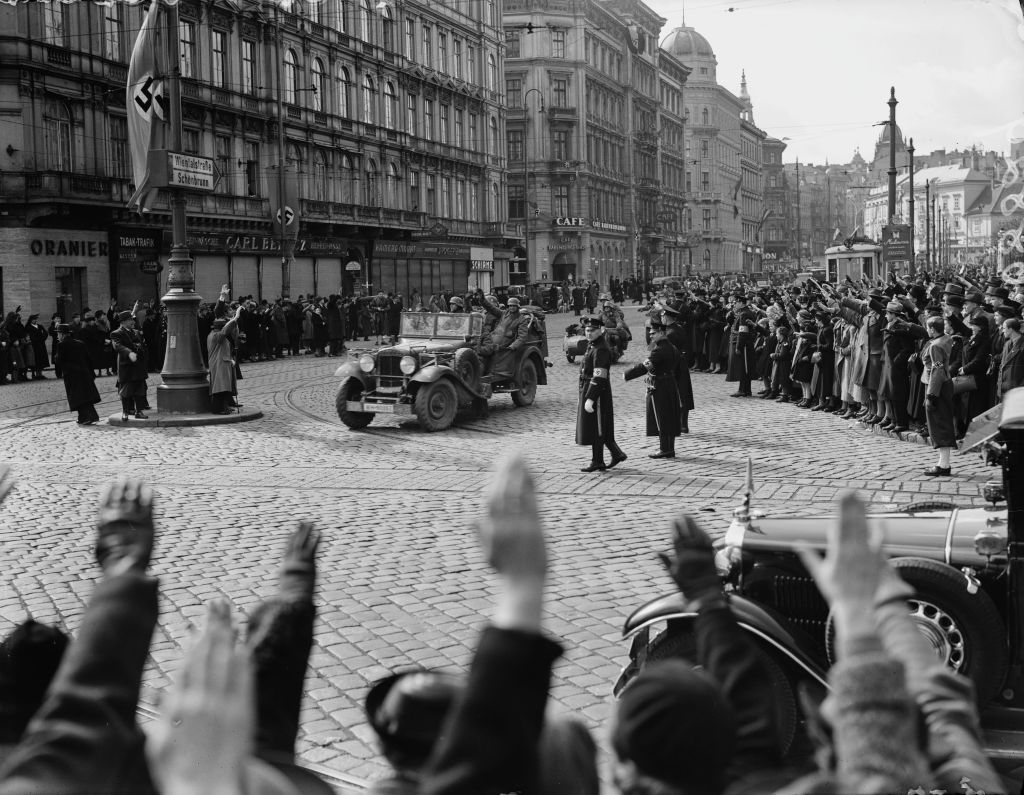









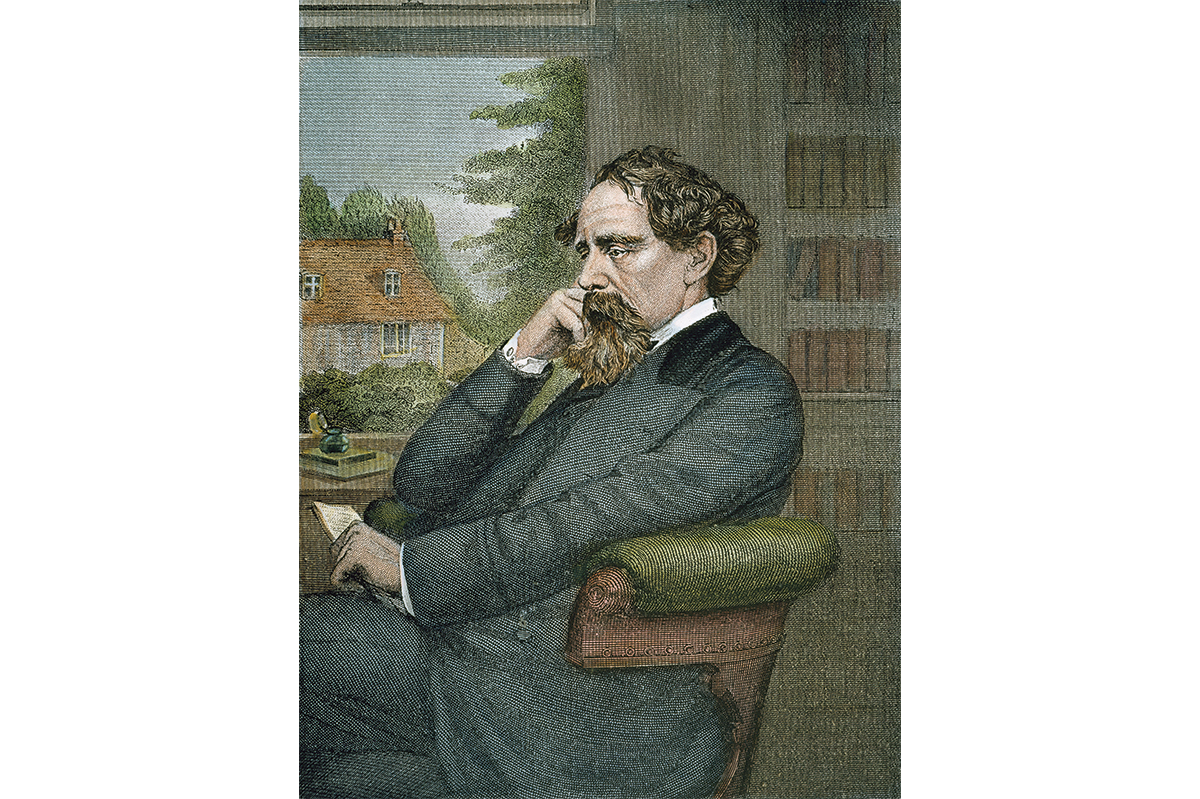
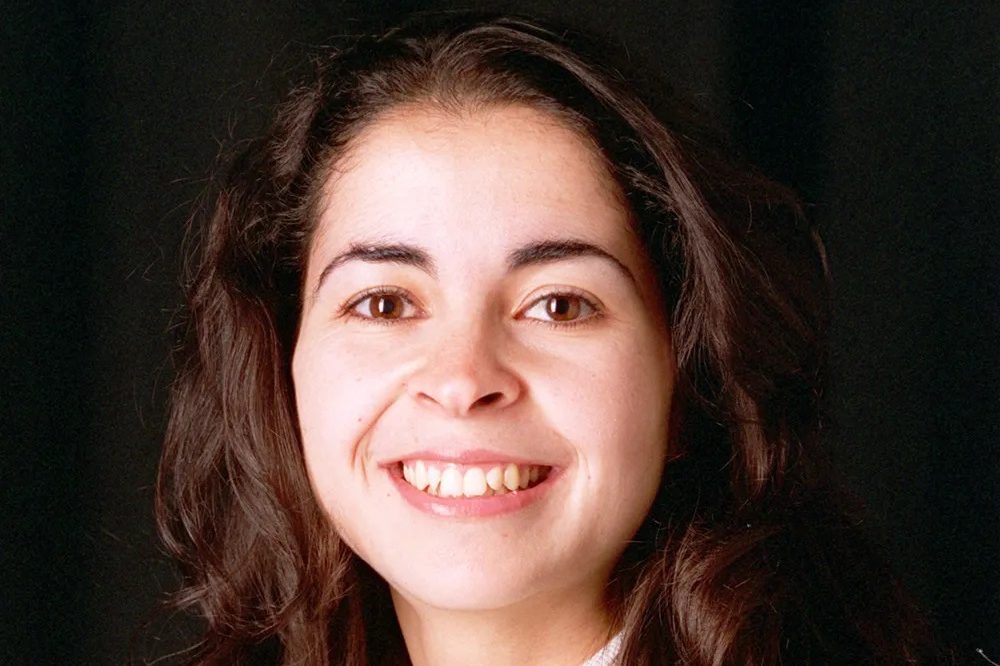


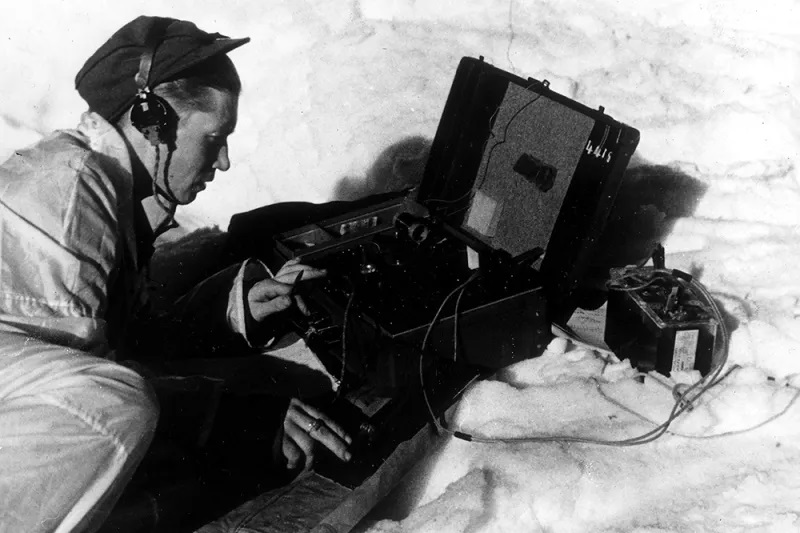
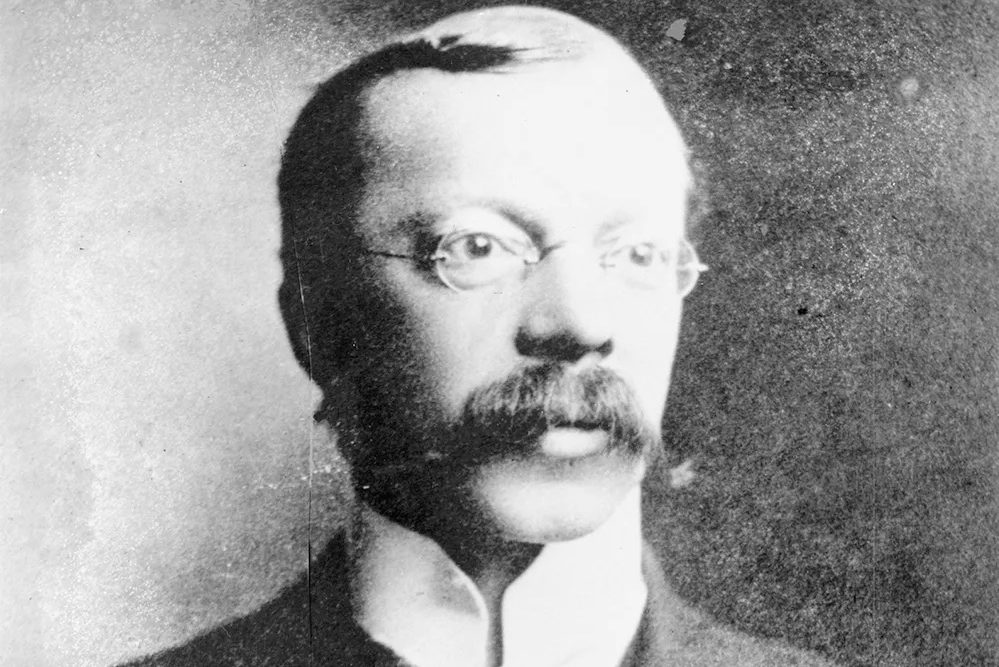







Leave a Reply